Introduction
The cloud-native approach to application development and deployment has gained significant traction in recent years, enabling organizations to leverage the scalability and flexibility of cloud computing. In this article, we will delve into the world of cloud-native and explore some of the famous tools and technologies that have emerged to facilitate the development, deployment, and management of cloud-native applications.
Kubernetes: The Backbone of Cloud Native Infrastructure
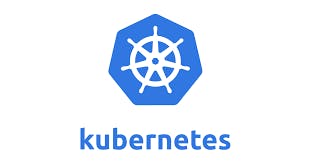
Kubernetes has emerged as the de facto standard for container orchestration in the cloud native space. It automates the deployment, scaling, and management of containerized applications across clusters of machines. With features such as automatic scaling, rolling updates, and service discovery, Kubernetes provides a robust infrastructure for building scalable and resilient cloud-native applications.
Docker: Containerization for Cloud Native Applications
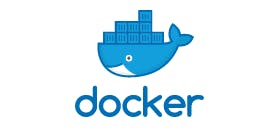
Docker has played a pivotal role in the cloud native revolution by popularizing containerization. It allows developers to package applications and their dependencies into lightweight, portable containers. Containers provide a consistent runtime environment, enabling applications to run reliably across different computing environments. Docker simplifies the process of building and distributing cloud-native applications, making them easily deployable in various cloud environments.
Helm: Streamlining Application Deployment on Kubernetes

Helm is a package manager for Kubernetes that streamlines the deployment and management of applications. It introduces the concept of "charts," which are pre-configured packages that describe the resources and dependencies required to run an application on Kubernetes. Helm simplifies the installation, upgrade, and rollback of applications, making it easier to manage complex deployments in cloud-native environments.
Istio: Managing Microservices in Cloud Native Architectures
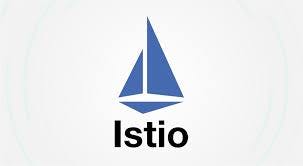
As organizations adopt microservices architectures, managing the complex interactions between services becomes critical. Istio is an open-source service mesh platform designed to address this challenge. It provides advanced traffic management, security, and observability capabilities for microservices running on Kubernetes. Istio simplifies the complexities of managing microservices-based applications in the cloud, allowing developers to focus on business logic.
Prometheus: Monitoring and Alerting for Cloud Native Applications

Prometheus is a popular open-source monitoring and alerting toolkit designed for cloud-native environments. It collects metrics and time-series data from various sources and provides a powerful query language for data analysis. Prometheus allows organizations to gain insights into the performance and health of their cloud-native applications and infrastructure, enabling proactive monitoring and troubleshooting.
Grafana: Data Visualization and Monitoring for Cloud Native Systems
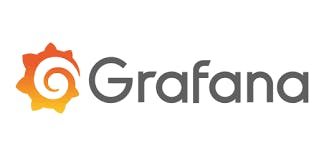
Grafana is an open-source data visualization and monitoring tool that works seamlessly with Prometheus and other data sources. It provides a flexible and intuitive dashboarding interface for creating rich visualizations and real-time monitoring of metrics. Grafana empowers organizations to gain visibility into the performance and health of their cloud-native systems, facilitating proactive monitoring and efficient troubleshooting.
Envoy Proxy: Enhancing Network Traffic Management

Envoy Proxy is a high-performance and extensible proxy server designed for modern cloud-native architectures. It offers advanced load balancing, observability, and security features for microservices-based applications. Envoy acts as the data plane in service mesh architectures, working alongside tools like Istio to handle network traffic between services. It's flexible architecture and rich feature set make it a powerful tool for enhancing network traffic management in cloud-native environments.
Fluentd: Centralized Logging for Cloud Native Applications

Fluentd is an open-source data collection and unified logging layer that simplifies the collection, processing, and forwarding of logs and events from various sources. It provides a scalable and flexible approach to log aggregation, allowing organizations to centralize and analyze logs from different components of a cloud-native application. Fluentd integrates seamlessly with popular logging and monitoring systems, providing insights into application behavior and facilitating efficient troubleshooting.
OpenShift: A Comprehensive Cloud Native Platform
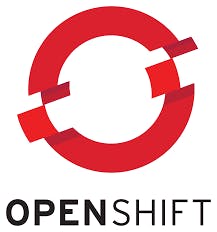
OpenShift is a container platform built on top of Kubernetes, offering additional features and functionality for building and managing cloud-native applications. It automates the application build, deployment, and scaling processes, while also providing built-in security and monitoring capabilities. OpenShift simplifies the management and operation of Kubernetes clusters, making it an attractive choice for organizations adopting cloud-native practices.
Serverless Framework: Simplifying Serverless Application Development
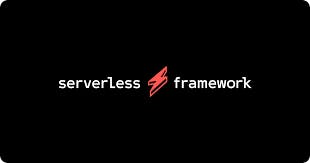
Serverless computing is gaining popularity in the cloud native space, and the Serverless Framework is a famous tool that simplifies the development and deployment of serverless applications. It provides a unified way to define, deploy, and manage serverless functions across different cloud providers. The Serverless Framework abstracts away the underlying infrastructure complexities, allowing developers to focus on writing code and building scalable serverless applications.
Conclusion
The cloud-native space offers a plethora of tools and technologies that enable organizations to build, deploy, and manage applications in cloud environments. From Kubernetes as the backbone of cloud-native infrastructure to Docker's containerization capabilities, these tools have revolutionized the way applications are developed and deployed. With tools like Helm, Istio, Prometheus, and Grafana, organizations can streamline application deployment, manage microservices, monitor performance, and gain visibility into their cloud-native systems. Additionally, tools like Envoy Proxy, Fluentd, OpenShift, and the Serverless Framework enhance network traffic management, enable centralized logging, provide a comprehensive cloud-native platform, and simplify serverless application development, respectively. As the cloud-native landscape continues to evolve, staying abreast of these famous tools and technologies will empower organizations to unlock the full potential of cloud computing and build resilient, scalable, and portable cloud-native applications.

